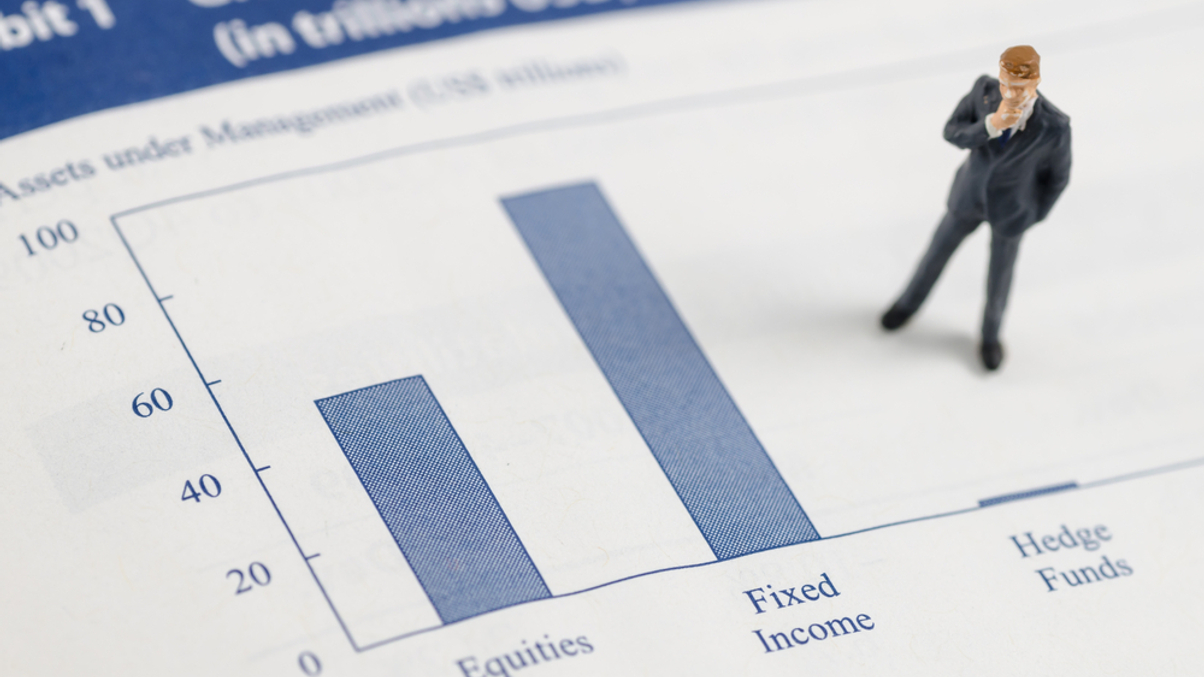Sovereign wealth funds show signs of returning to fixed income and cash
The new report by IFSWF and State Street also found strong capital outflows from emerging markets and currencies close to Russia and Ukraine.

Sovereign wealth funds are taking a risk-off approach as global investor confidence dropped 6.6 points, according to research by the International Forum of Sovereign Wealth Funds (IFSWF) and State Street.
Sign in to read on!
Registered users get 2 free articles in 30 days.
Subscribers have full unlimited access to AsianInvestor
Not signed up? New users get 2 free articles per month, plus a 7-day unlimited free trial.
¬ Haymarket Media Limited. All rights reserved.


